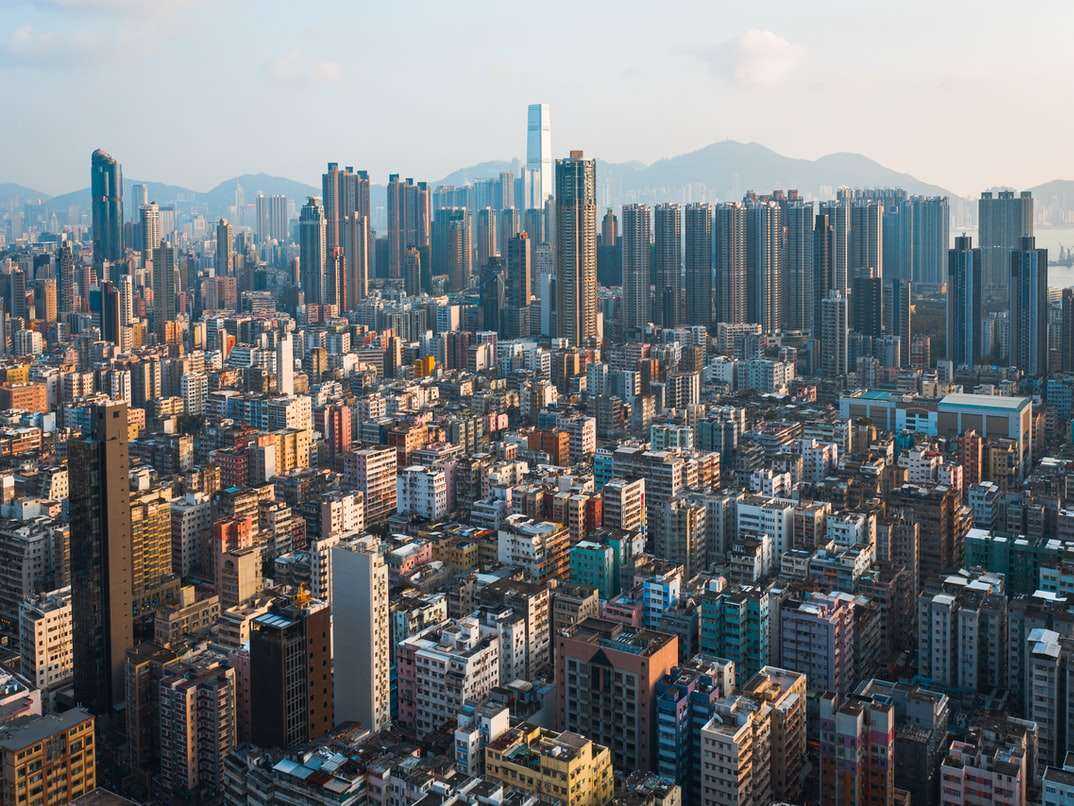on
BY SIMONE J. SMITH
“The first strain of this new virus will be released into the public in late 2017. So if we see a flu outbreak in late 2017, or 2018, we will know this is true!” Video: 1994 Depopulation Agreement Signed by 160 Nations
I have to admit, being a journalist during this time is the craziest thing. We are overloaded with information, and it is my job to carefully weave through all of the noise, and present to our reader’s factual information that allows them to think critically. The story that I am about to present to you is factual, but I will admit, there is a little craziness that I throw in, only because I don’t believe in coincidences.
This word phrase population control is not a new phrase, and I will advise readers to not ignore it. I was sent a video that speaks about a conference that was held on September 5th -13th, 1994, by the United Nations called the “International Conference on Population and Development” in Cairo, Egypt. Representatives from more than 170 countries reviewed and approved a World Population Plan of Action, adopting recommendations for the next decade. One of its chief goals was to stabilize the world population.
The long-planned conference considered several issues that are both fundamental and controversial, including sexual and reproductive health and rights, the role of women’s status, health, and education in limiting population growth, and funding of population programs.
They state that the effect of population growth is most profound in developing regions where the bulk of the increase is occurring. (For example, the population of Arab countries is expected to double by natural increase in 25-30 years, whereas that of Western Europe will double in 200 years.) Among other things, rapid population growth exacerbates environmental damage, urban overcrowding, maternal and infant mortality, high rates of illiteracy, preferential treatment of males, pressures on migration within and between nations, and food crises in many less developed countries (LDCs).
To mitigate such problems, the main aim of the U.N. Conference was to draw up a plan of action to stabilize the world’s population at 7.27 billion in the year 2015. At current rates of growth, failure to do so will mean a projected 12.5 billion people by 2050. After reading this, I want you to think; how were these nations planning to reduce the population from reaching the estimated projected amount of 12.5 billion people?
“Would food be considered an instrument of national power? Is the U.S. prepared to accept food rationing to help people whom can’t/won’t control their population growth?” Henry Kissinger
Oh yes! Mr Henry Kissinger, a man known to stand very firmly behind his thoughts on population control. In a document with the moniker “THE KISSINGER REPORT,” (December 10th, 1974) Kissinger advocated to deal with this projected growth by using birth control and related population-reduction programs. He also warned that “Population growth rates are likely to increase appreciably before they begin to decline,” even if such measures were adopted.
A second measure was curtailing food supplies to targeted states, in part to force compliance with birth control policies: “There is also some established precedent for taking account of family planning performance in appraisal of assistance requirements by AID [U.S. Agency for International Development] and consultative groups. Since population growth is a major determinant of increases in food demand, allocation of scarce PL 480 resources should take account of what steps a country is taking in population control as well as food production. In these sensitive relations, however, it is important in style as well as substance to AVOID the appearance of coercion.”
In the video they talk about various methods they have been using, and are using today at an even more rapid pace to get the global population down between 500-million to 800-million by 2030.
The narrator lists man made viruses and vaccines along with fluoride in municipal drinking water; from jets spraying aerosolized toxic chemicals and viruses in the stratosphere under the guise and scheme of controlling global climate change (a.k.a. Chemtrails) by way of military aircraft; back in 1994, and using the manmade modification and replication of the flu virus as a method for depopulation.
“No matter what, history has told us definitively that [outbreaks] will happen,” he said. “It is a perpetual challenge. It is not going to go away. The thing we’re extraordinarily confident about is that we are going to see this in the next few years.” Dr. Anthony Fauci
The most telling part of the video is when the narrator states, “The first strain of this new virus will be released into the public in late 2017. So if we see a flu outbreak in late 2017, or 2018, we will know this is true!” What did Dr. Fauci say back in 2017 after President Trump took office? He said that this administration would be faced with one of the worst pandemics ever. How did he know?
A rather bizarre claim was the plan to use holographs by the military in the skies to give the appearance that alien spaceships are attacking the earth and using stealth bombers hidden in the holographs look like the fake alien ships are attacking them. The narrator states: “While the true instigators of the depopulation process have formulated the final stage of their sinister plan. In the year 2024, a global event will alter the course of mankind’s future.”
When I heard that, my mind instantly went to the Spiderman movie, where Mysterio does exactly what the narrator speaks about. Yes, Spiderman is just a movie, but as they say art imitates reality.
We have to stay aware and begin to think about what is really going on in this world even if it scares us.
Stay in the loop with exclusive news, stories, and insights—delivered straight to your inbox. No fluff, just real content that matters. Sign up today!
Pandemic: Are we out of the woods yet?
We, as humans are guaranteed certain things in life: stressors, taxes, bills and death are the first thoughts that pop to mind. It is not uncommon that many people find a hard time dealing with these daily life stressors, and at times will find themselves losing control over their lives. Simone Jennifer Smith’s great passion is using the gifts that have been given to her, to help educate her clients on how to live meaningful lives. The Hear to Help Team consists of powerfully motivated individuals, who like Simone, see that there is a need in this world; a need for real connection. As the founder and Director of Hear 2 Help, Simone leads a team that goes out into the community day to day, servicing families with their educational, legal and mental health needs.Her dedication shows in her Toronto Caribbean newspaper articles, and in her role as a host on the TCN TV Network.













